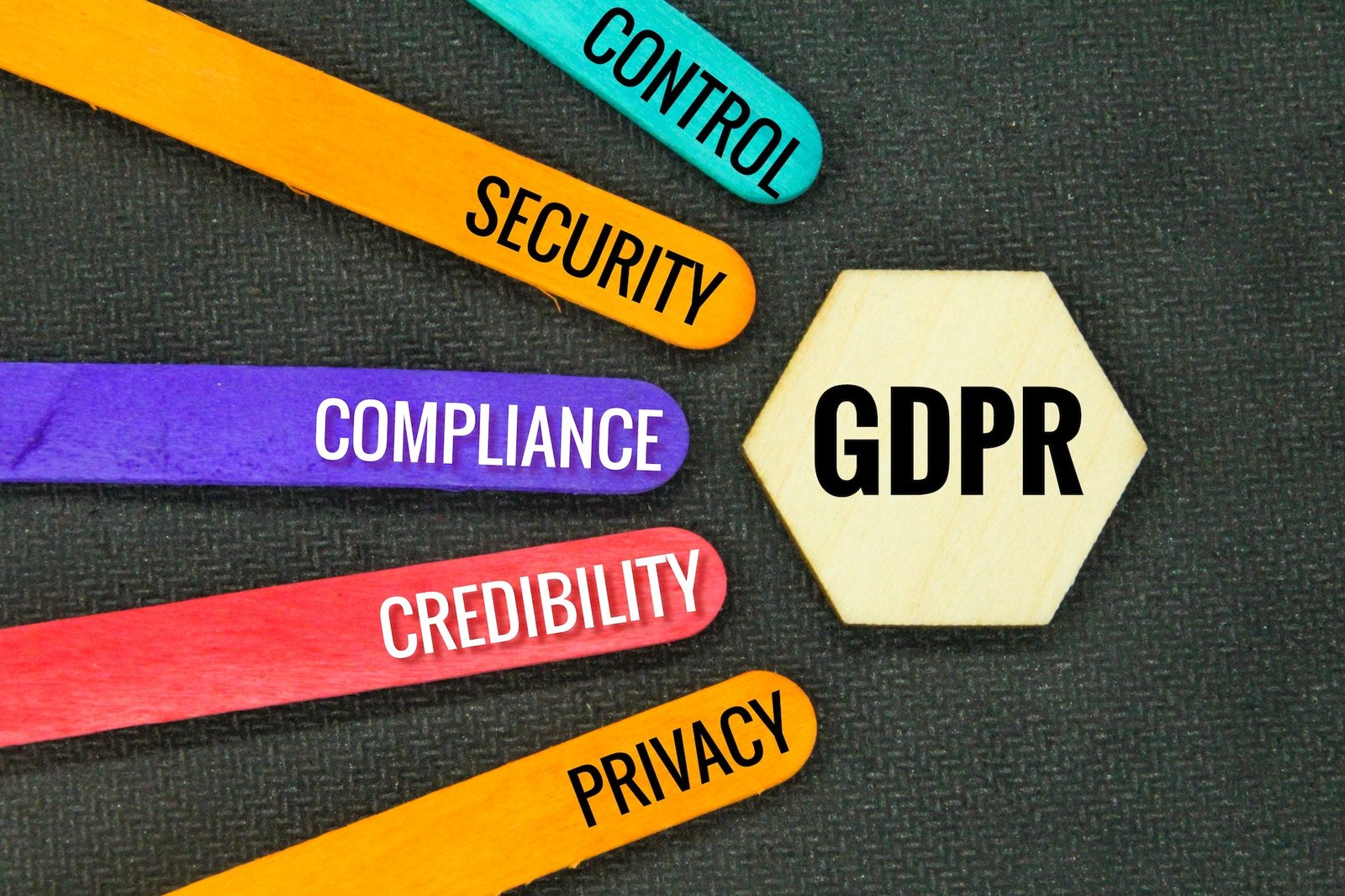
What is GDPR?
The General Data Protection Regulation (GDPR) is a regulatory framework that applies to the processing of personal data of individuals within the European Union (EU) and the European Economic Area (EEA). It replaces the 1995 EU Data Protection Directive.
The GDPR sets out specific rules and requirements for how organizations can collect, use, and store personal data, and it gives individuals certain rights in relation to their personal data. The GDPR applies to organizations that process personal data in the context of their business activities, regardless of whether the processing takes place in the EU or not.
The main aims of the GDPR are to give individuals more control over their personal data and to harmonize data protection laws across the EU. The GDPR applies to a wide range of data processing activities, including the collection, storage, and use of personal data in connection with online services, marketing, and employment, as well as the processing of sensitive personal data, such as health data.
Organizations that fail to comply with the GDPR may face significant fines and other penalties.
The GDPR sets out specific requirements and standards for the processing of personal data, as well as specific rights for individuals in relation to their personal data. Some of the key provisions of the GDPR include:
- Fair and lawful processing: Personal data must be processed in a fair and lawful manner, and organizations must have a lawful basis for processing personal data. This means that organizations must have a specific reason for collecting and using personal data, and they must be transparent about their processing activities.
- Transparency: Organizations must be transparent about their data processing activities, including by providing individuals with clear and concise information about their rights and the purposes for which their personal data will be used.
- Purpose limitation: Personal data must be collected for specific, explicit, and legitimate purposes, and it must not be further processed in a way that is incompatible with those purposes.
- Data minimization: Personal data must be adequate, relevant, and limited to what is necessary in relation to the purposes for which it is processed.
- Accuracy: Personal data must be accurate and kept up to date, and reasonable steps must be taken to ensure that inaccurate personal data is erased or rectified.
- Storage limitation: Personal data must be kept in a form that allows the identification of data subjects for no longer than is necessary for the purposes for which the personal data is processed.
- Security: Organizations must implement appropriate technical and organizational measures to protect personal data against unauthorized access, misuse, and loss.
- Rights of data subjects: The GDPR gives individuals certain rights in relation to their personal data, including the right to access their personal data, the right to rectification, the right to erasure, the right to restrict processing, the right to data portability, and the right to object to processing.
- Accountability: Organizations must be able to demonstrate their compliance with the GDPR, and they must keep records of their data processing activities.
The GDPR applies to the processing of personal data by organizations that are established in the EU, as well as to the processing of personal data by organizations that are not established in the EU but that offer goods or services to individuals in the EU or that monitor the behavior of individuals in the EU. The GDPR also applies to the processing of personal data by public authorities and other public bodies.
Organizations that fail to comply with the GDPR may be subject to significant fines and other penalties, including administrative fines of up to €20 million or up to 4% of the company’s global annual revenue, whichever is higher, as well as criminal penalties in cases of intentional or negligent violations.


